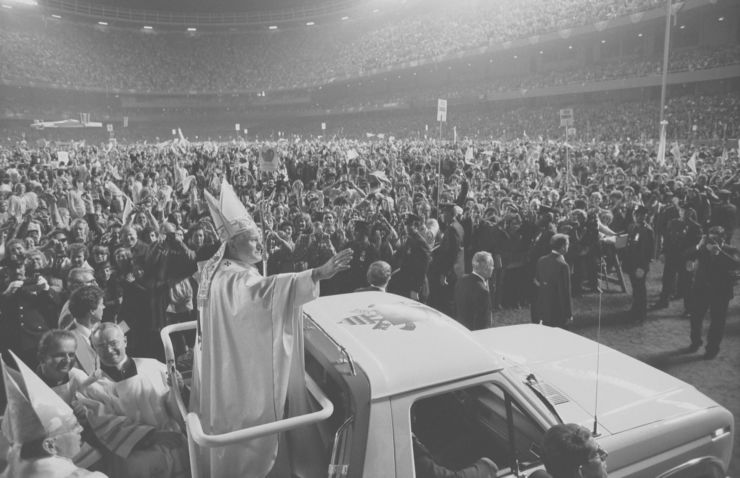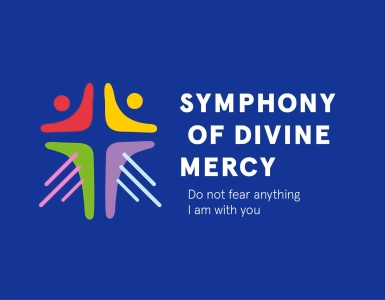It was a typical tactic of the communists: to try in all possible ways and at all levels to break unity in the Church. They attempted to break it already at the diocesan level, isolating priests from the Bishop. It didn’t work out. Only a few priests have succumbed, for various reasons, and went to the side of the so-called patriot-priests. However, these were really sporadic cases. The system tried its methods in an attempt to break unity at the top of the Church hierarchy. It was an attempt doomed to fail because it was based on completely incorrect assumptions. There has never been such a situation, nor was there such a reason that Primate Wyszyński and Cardinal Wojtyła would part. The division of roles and competences between the two Cardinals enabled excellent cooperation in pastoral activities. While the Primate was pointing to the direction and profile of the actions, Cardinal Wojtyła was addressing its theoretical basis. The first was devoted entirely to the Church and the social and political situation in Poland, while the second, the younger and better prepared to deal with various languages, visited Polonia abroad. The most emphatic proof of excellent relations was the respect and absolute loyalty to the Primate, constantly emphasized by the Metropolitan of Krakow. When Cardinal Wyszyński was denied a passport to Rome for the Synod of Bishops, Archbishop Wojtyła, on behalf of solidarity with the Primate, also did not go. This decision nullified the plans of communist leaders. After the failure of this plan, a different radically different action was immediately taken. They risked changing the direction. From that moment on, Cardinal Wyszyński was described as a patriot, who well understood the situation in Poland, while Cardinal Wojtyła was said to be an internationalist who could not understand the position of his country, that he is not a patriot, but the enemy of the communist system who is against the wellbeing of his country. Now they directed their attack to him. Cardinal Wojtyła, of course, did not react to these intrigues. He did not want a confrontation, much less an open fight. Instead, he sought a substantive dialogue based on well-known arguments: the freedom of the Church in the proclamation of the Gospel, the freedom in the conduct of apostolic activities as well as every human freedom on the individual and social platform and spiritual and material dimension. It was freedom of a man that the communists hated. Everyone who defended this freedom become their victim.
Cardinal Stanisław Dziwisz – “Testimony”
TBA Publisher, Warszawa 2007





